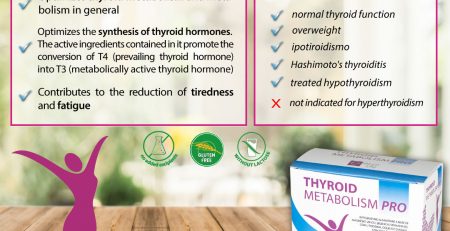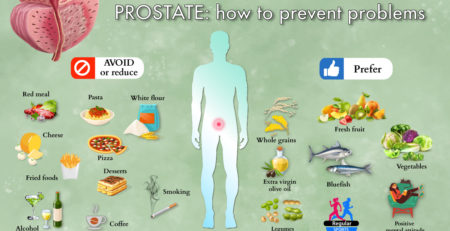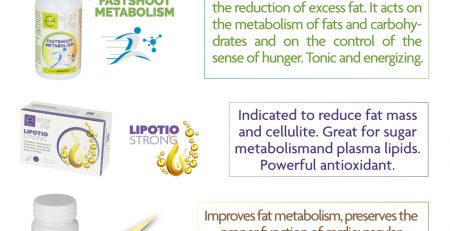Vitamin D
Vitamin D is a group of fat-soluble pro-hormones consisting of 5 different vitamins: vitamin D1, D2, D3, D4 and D5.
The two most important forms in which vitamin D can be found are vitamin D2 and vitamin D3, both of which have very similar biological activity.
Vitamin D2 is of plant origin, while D3, derived from cholesterol, is synthesized in animal organisms.
The main source of vitamin D for the human body is exposure to solar radiation.
Vitamin D is not only useful in fixing calcium in the bones but, in its activated form, acts as a hormone that regulates various organs and systems and is important in controlling inflammation and the immune system.
Its deficiency has been associated with different types of diseases, from diabetes to heart attack, from Alzheimer’s to asthma or multiple sclerosis.
Vitamin D, like all nutritional substances, should be taken daily, however, being a fat-soluble vitamin that accumulates in the body, it can also be taken weekly or more rarely. What matters is to take it after the meal, in which it is preferable to include foods with the addition of raw extra virgin olive oil.
The use of high doses should not frighten if there is the simultaneous precaution to drink at least 1-2 liters of water per day (so as to avoid kidney stones) and, if vitamin D is taken for prolonged periods, if it is associated with vitamin K2 (the latter hinders the deposit of calcium in the arteries and tissues), especially when vitamin D is administered together with calcium salts.
In our line of supplements Vitamin D3 is present in the product POWER ANTIAGING VITAMIN PLUS.
Visit our website to learn more.











